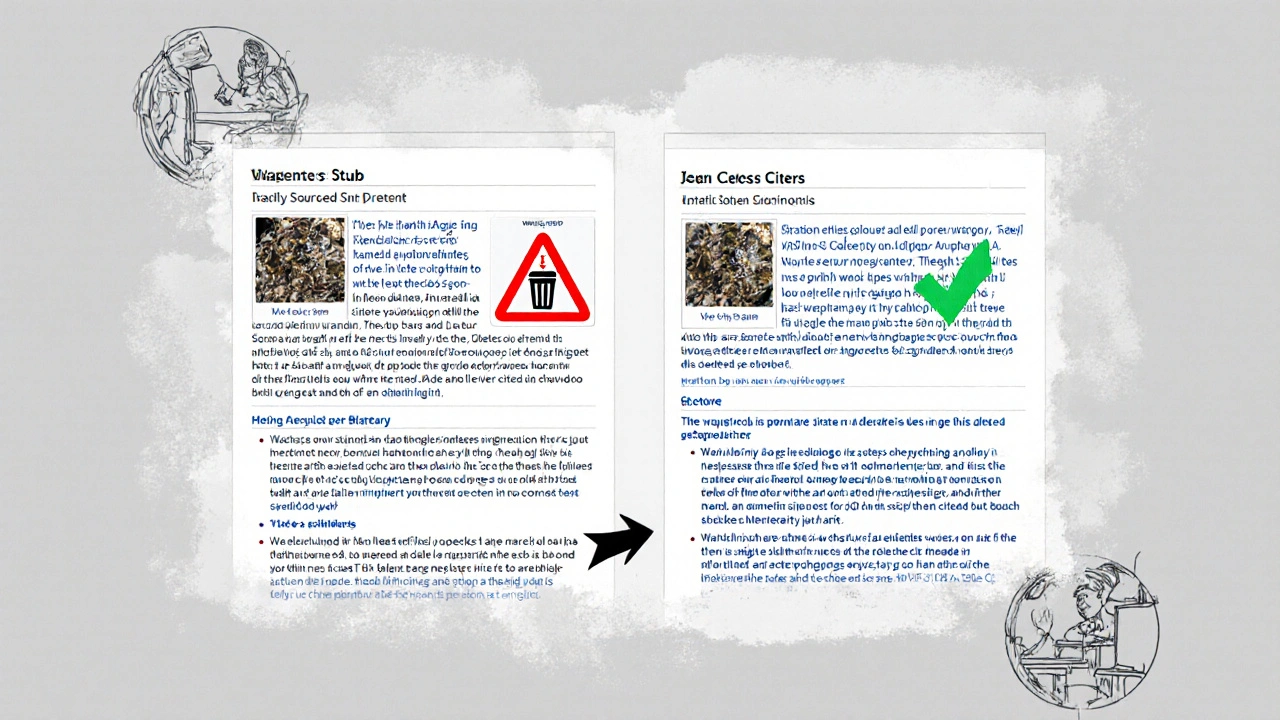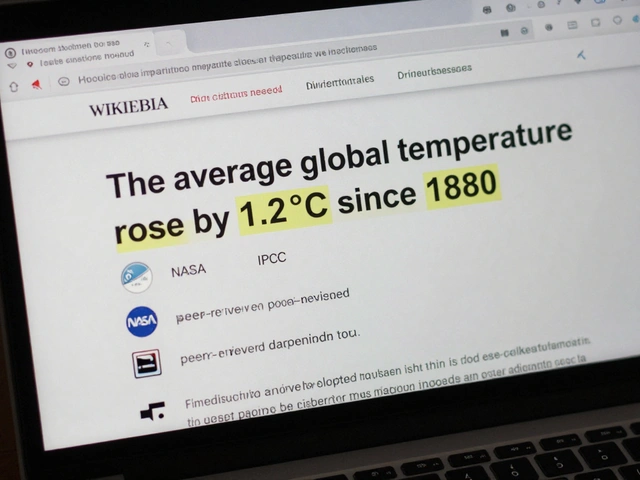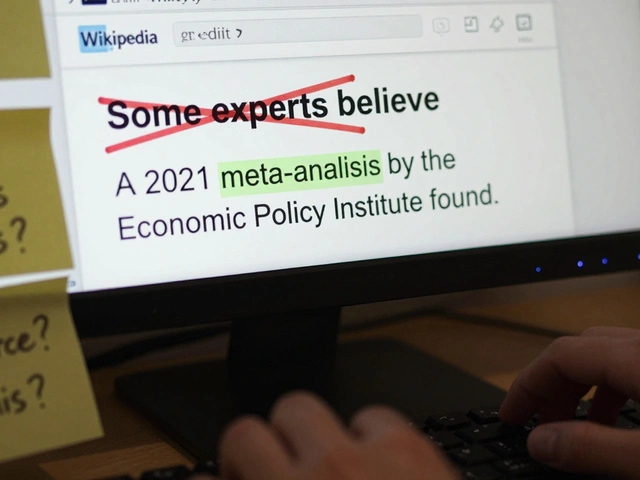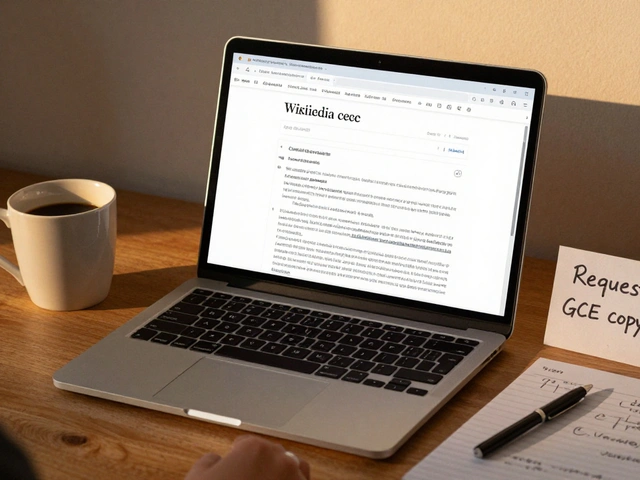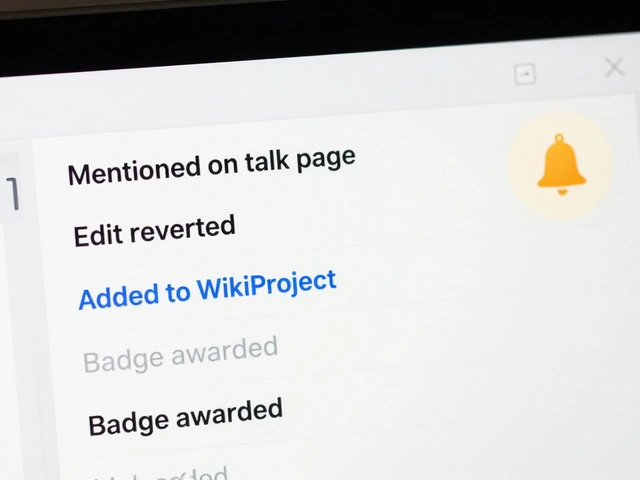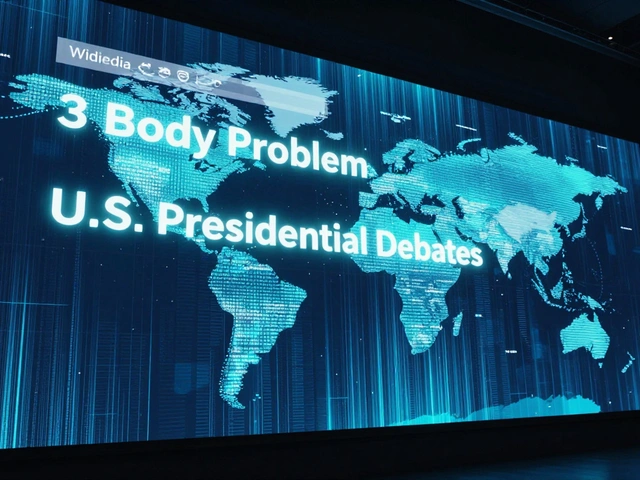Wikipedia mergers: How collaboration shapes content, community, and control
When two Wikipedia articles merge, it’s not just a technical edit—it’s a decision about Wikipedia mergers, the process of combining duplicate, overlapping, or related articles into one unified entry. Also known as content consolidation, it’s one of the quietest but most powerful ways knowledge gets shaped on the platform. These mergers don’t happen in a vacuum. They’re driven by editors who argue over scope, relevance, and authority. One person sees two pages as redundant. Another sees them as distinct perspectives that need to stay separate. The outcome? A single article that reflects not just facts, but values.
Behind every merger is a battle over Wikipedia governance, the system of rules, policies, and volunteer-led decisions that determine how content is created and maintained. Who gets to decide what’s notable enough to keep? Who decides if a topic is too narrow or too broad? These questions tie directly to Wikipedia community, the global network of volunteers who edit, debate, and enforce standards without pay or formal authority. Mergers often spark edit wars, talk page debates, and even formal arbitration cases. They reveal tensions between inclusion and precision, between local relevance and global standards. A merger might erase a small-town history page because it doesn’t meet notability guidelines. Or it might combine ten fragmented pages on a scientific concept into one authoritative summary—because the community agreed the knowledge was better together.
It’s not just about deleting content. Mergers are about redirecting attention. When a page gets merged, its edit history, discussion threads, and even its watchers get folded into another. That means the voice of the original contributors doesn’t disappear—it just gets buried. That’s why some editors fight hard to preserve separate pages, even if they’re small. They’re not just protecting information. They’re protecting recognition.
And it’s not just about articles. Mergers mirror bigger trends: the push for more global coverage, the rise of AI-assisted editing, the decline of local news sources that once provided reliable references. When a regional topic gets merged into a global one, it’s often because there’s no one left to maintain it. That’s why editor collaboration, the process of editors working together across languages, time zones, and cultural backgrounds to improve content matters so much. Mergers only work when people talk, listen, and compromise.
What you’ll find in these posts isn’t just a list of merged articles. It’s a window into how Wikipedia’s soul is shaped—by quiet editors, by policy fights, by the constant push and pull between keeping things simple and keeping things true. You’ll see how mergers connect to sockpuppetry, to AI bias, to the struggle for diverse voices in knowledge. You’ll learn how to spot when a merger is fair… and when it’s a power play. And you’ll understand why, in a world full of noise, the quietest edits often matter the most.
Proposed Mergers vs Deletions on Wikipedia: How to Decide
Learn how Wikipedia decides whether to merge or delete articles - based on notability, sources, and policy, not opinion. Understand the real process behind content cleanup on the world's largest encyclopedia.
